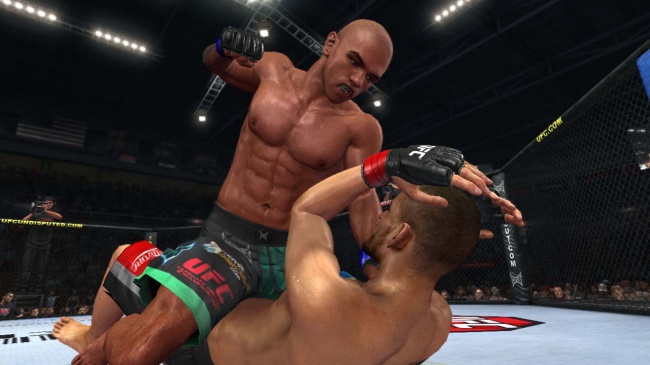Play Nice: Building the Well-Behaved Game

Maybe it was something a teacher said to you years ago, when you were still a child. Maybe a parent uttered an offhand comment that stayed with you, despite its seeming normalcy. Maybe a stranger muttered something to you on the street, wished you goodwill when you needed to hear it most, or spoke a cryptic statement that stuck in your mind for some reason, only to realize the wisdom tidily packed up inside years later.
Whatever it was, this innocuous statement somehow has kept your attention all these years, maybe in the back of your mind, but always there as a constant. Perhaps it has become a story you tell, or a sentence you quote in an attempt to distill its special power for the benefit of others. Perhaps it has changed your entire perception of the person who said it. Perhaps it has wormed its way into your core belief system, spreading like a virus, becoming the linchpin of a major revision of your overarching life philosophy.
And maybe – just maybe – something you’ve said or done without even thinking has had this exact effect on someone else.
While the concept of language itself is a technological marvel in communicating ideas to others, how we behave is the very language of existence – a never-ending conversation we are permanently taking part in.
Yet because this evolutionary mechanism helped us in the distant past to distinguish a friendly dog from a predator on the prowl, we see behavioral patterns in everything – even in inanimate objects and dispassionate systems. Of course, this includes games.
This Game’s Being an Asshole
In free-to-play games, there is much pressure riding on the first-time user experience (FTUE). If you bore, confuse or otherwise fail to engage the player within the first five minutes or so, you can forget about them spending any money on in-app purchases because the game has clearly communicated that it is not interesting enough to warrant playing any further.

In this case, the game has behaved poorly – it is the party guest you make the mistake of starting a conversation with and are desperate to disengage from.
Different behaviors from games are desired depending on the genre, the target audience and their desires. Racing games should feel fast and exciting, even in the menus; avant-garde works should surprise, confuse and occasionally baffle; strategic games should provide nuance and the opportunity for players to test hypotheses to build up their inventory of strategic options.
If the game ever acts in a way that’s counter to the natural desires of the audience, then suddenly, the game instantly transforms into a willful asshole standing in the way of the player’s goals. This is not where you want to be.
You and Me, Game
How do you guard against this from happening? It’s simple: put yourself in the player’s shoes and play your game as the conversation that it is. Pay attention when it says something wrong, when it gets in your way, or when it fails to deliver on the expectations it sets – and fix it.
Yes, people can be irrational. We see patterns that aren’t there, invent personalities for objects and yell obscenities at clearly non-sentient computers. But we are always listening, just as we are always communicating – and we can be very understanding.
Since your game will likely be sent out into the world without a pair of ears, it’s up to you to make sure it’s on its best behavior.
